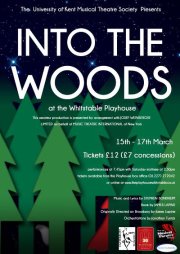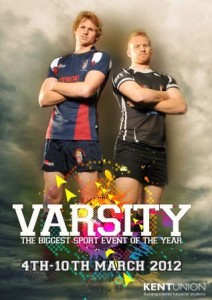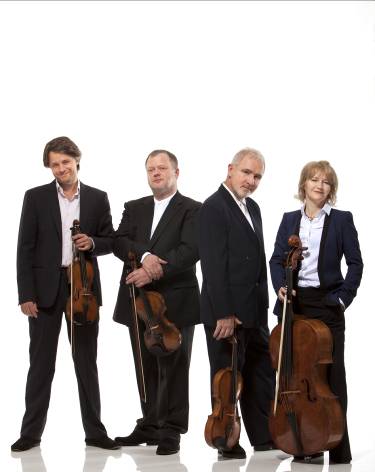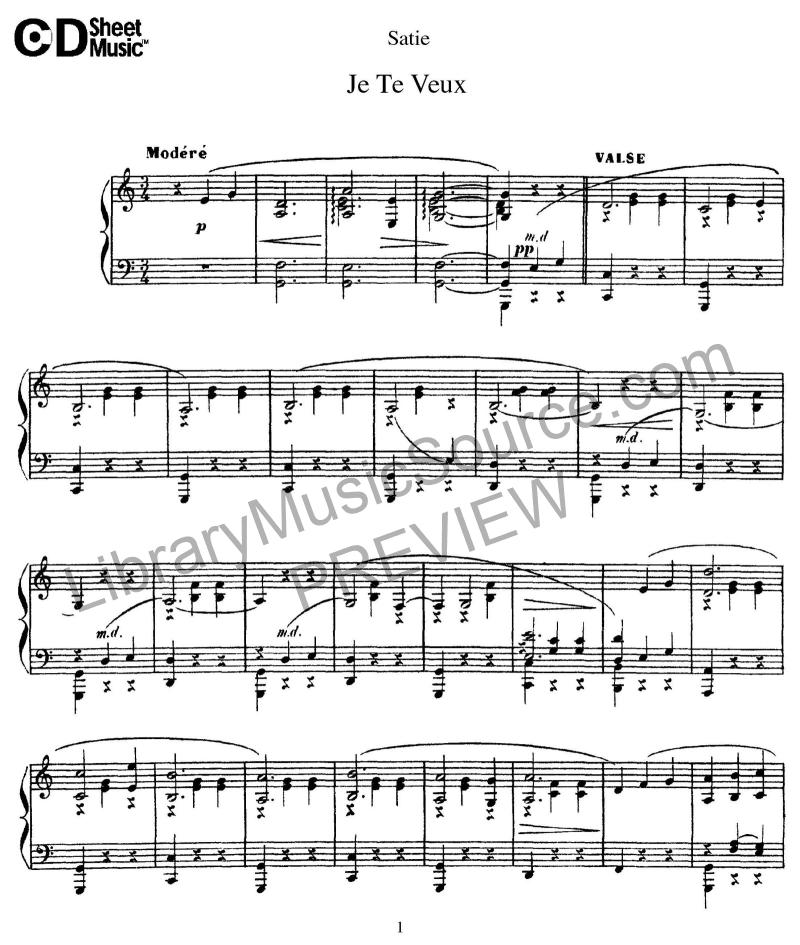The University’s Music Theatre Society is currently getting ready to take you ‘Into the Woods’ next week, as it brings Sondheim’s musical to the Playhouse, Whitstable.
 From Thursday 15 to Saturday 17 March, Sondheim’s music will be resounding around the seaside town’s theatre auditorium to accompany the darker adventures of some of the better-known characters from the Brothers Grimm’s classic fairy-tales.
From Thursday 15 to Saturday 17 March, Sondheim’s music will be resounding around the seaside town’s theatre auditorium to accompany the darker adventures of some of the better-known characters from the Brothers Grimm’s classic fairy-tales.
At the helm of the orchestra this year is Masters student and tenor with the Chamber Choir, Adam Abo Henriksen, who is relishing the opportunity to get to grips with an orchestra. A member of the Chamber Choir for four consecutive years, Adam has also previously conducted and played the piano for the student vocal group, Sing!, and sung with the University Chorus. He’s also been spotted singing with a barbershop group around the campus as well. Some of the University Music Scholars will be playing in the orchestral pit for the production.
Evening performances begin at 7.45pm, and there’s also a matinee on Saturday at 2.30pm.
Tickets are £12.00 / £7.00 (concessions), and can be booked online here, or contact the booking office on 01227 272042
Visit the ‘Into the Woods’ Facebook page here.
And to whet your appetite, here’s the original Broadway cast version of the intimately heart-rending ‘No-one is Alone’ and ‘Children will Listen.’ These songs do what Sondheim does best: they reach into your soul without your realising. Prepare to be moved…

 (The lyrics start about one minute in: all together, now…)
(The lyrics start about one minute in: all together, now…)
 The concert begins at 7.30pm in Eliot Hall: further details and ticket-bookings
The concert begins at 7.30pm in Eliot Hall: further details and ticket-bookings Of particular note are: a concert with
Of particular note are: a concert with 


